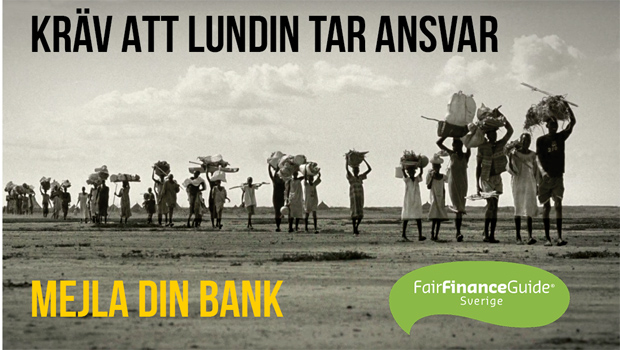The severe judgement implicates Petronas and CNPC and raises the question why the Fund remains loyal to Lundin
Norway’s $1.4 trillion Government Pension Fund has excluded India’s top oil producer Oil and Natural Gas Corp from its portfolio due to concerns over the company’s business in South Sudan. The Fund’s Council on Ethics takes the view that companies operating in situations of war and conflict must exercise a particular degree of care when there is a known risk of contributing to serious norm violations. Such care also applies to their choice of business partners, in this case the Chinese National Petroleum Company (CNPC) and Petronas from Malaysia. The requirement of care is reinforced by the militarisation of the oil industry in South Sudan, and by the fact that control of the petroleum resources in is a key driver in the conflict. The Council considers that ONGC, through its joint venture participation, has accepted the risk of contributing to serious abuses committed to enable oil production in Unity State. Furthermore, ONGC has entered into collaborations with actors who are directly or indirectly responsible for extremely serious abuses, notably South Sudanese public security providers.
In 2013, a civil war broke out in South Sudan, during which the civilian population has been subjected to acts of extreme violence, including mass killing, sexual assault and torture. Some of the abuse has been perpetrated by members of the military and the country’s National Security Services (NSS). The United Nations Commission on Human Rights in South Sudan has recommended that those responsible be investigated for crimes against humanity and war crimes. The security at the oil fields in which ONGC operates is provided by actors in the conflict. NSS staff provides services at the head office of one joint venture, while this joint venture’s head of security is an NSS brigadier general.
ONGC’s criticised conduct strongly resembles that of Lundin twenty years ago in the same concession area. Lundin also exacerbated violent conflict and employed security officers and used armed groups that committed grave crimes. The decision raises the question why the Fund has remained a loyal major investor in Lundin Energy.
The Norwegian Council’s findings concerns ONGC’s role as a junior partner in two consortia in South Sudan that are controlled by the CNPC and Petronas. It strongly suggests that the two state-owned oil giants may have been complicit in war crimes until very recently. The imminent indictment of Lundin suggests that they may also have been complicit in similar grave crimes twenty years ago, as Petronas partnered with Lundin and the situation in the concession are of CNPC and Petronas was similar to that in Block 5A that Lundin operated.


